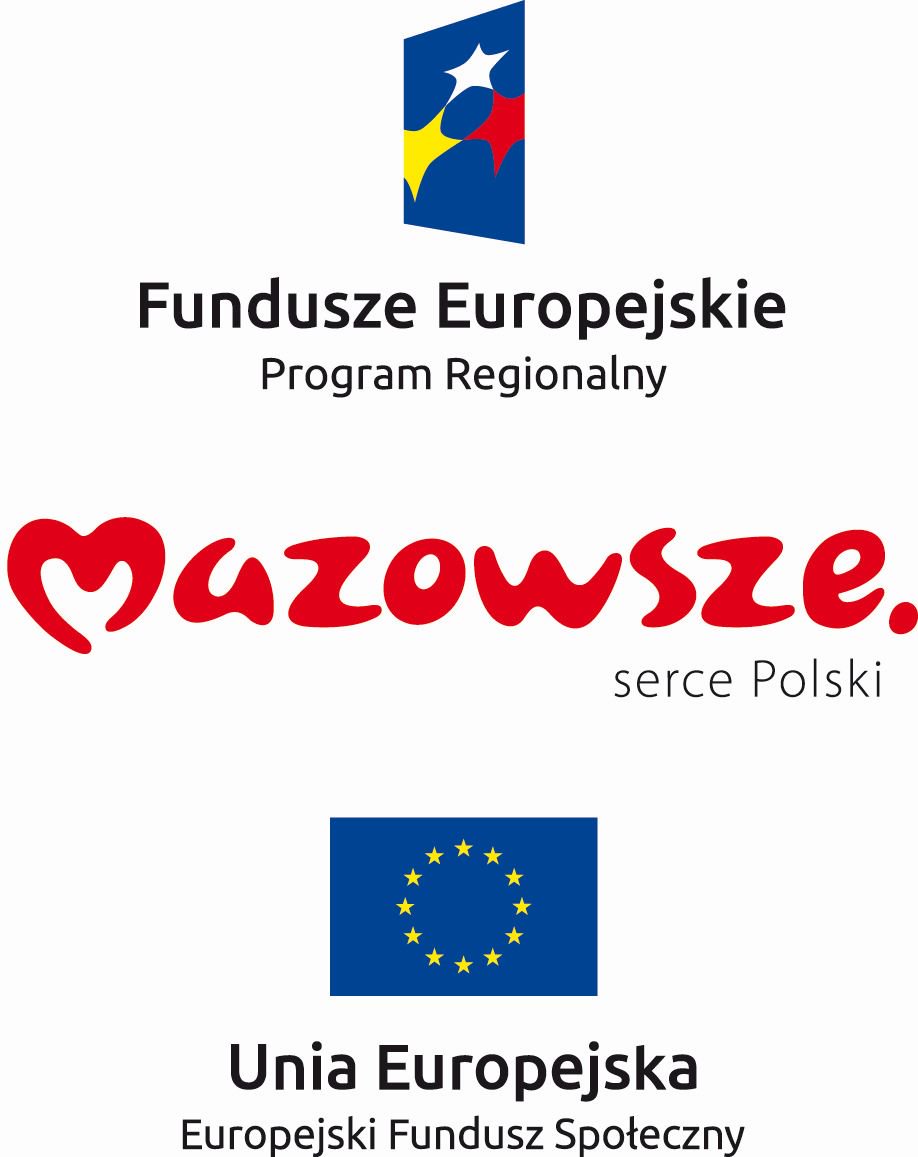How Have Digital Tools Impacted Polish Tourism?
Technological Metamorphosis in Tourism
In recent years, the Polish tourism market has undergone a true transformation. Modern tools—such as mobile apps, reservation management systems, and interactive guides—have completely changed the approach to planning trips. Thanks to these solutions, travelers can easily find accommodations, purchase tickets for attractions, or even plan an entire trip in one place.
But it’s not just about convenience. Digital data analysis systems enable companies to tailor their offerings to the current needs of customers. Entrepreneurs can track trends in real time and respond to the changing expectations of travelers. This opens up new opportunities for the industry.
The Popularity of Booking Platforms
One of the most noticeable effects of digitalization is the growing popularity of booking services such as Booking, Airbnb, or e-wczasy.pl. Thanks to these platforms, travelers have access to a wide range of offers—from luxurious hotels to charming agritourism spots. These services allow users to quickly find, compare, and book the best accommodation options in just a few minutes.
Moreover, digitalization opens doors for small businesses. Reaching a wide customer base that once seemed impossible is now entirely feasible. Local accommodations can easily promote their services in less popular locations. These platforms support regional tourism by enabling searches for stays in lesser-known areas.
New possibilities also include the introduction of additional services, such as:
- Booking local attractions,
- Vehicle rentals,
- Organizing themed tours.
This way, the platforms become comprehensive travel management tools rather than just simple booking systems.
New Opportunities and Challenges for the Tourism Industry
Reservation Automation
The reservation process in tourism has completely changed. Today’s platforms enable instantaneous confirmation of availability, secure online payments, and real-time management of bookings. As a result, travelers save time that they would have otherwise spent searching for offers and contacting property owners.
Property owners also benefit from automation. They now have easier access to tools for managing their listings, analyzing sales performance, and communicating with customers. This solution significantly streamlines business operations.
Tailor-Made Offers
Personalization has become one of the cornerstones of modern tourism. Thanks to artificial intelligence algorithms, travel platforms can analyze user preferences and then offer solutions perfectly tailored to their needs. Travelers can rely on recommendations for accommodations, attractions, or travel packages that fit both their budget and interests.
This type of data analysis also allows companies to predict changing trends. For example, recent years have seen a rise in the popularity of the Bieszczady Mountains and the Masurian Lake District. Platforms respond to these shifts by promoting regions that are gaining importance and supporting their tourism development.
Digitalization also allows for the adaptation of offers to seasonal preferences. For instance, ski resorts are promoted in winter, while seaside towns are highlighted in summer. This approach enables companies to better manage their resources and increase profits during off-peak periods.
Digital Transformation Supports Local Communities
The development of digital tools has allowed many local entrepreneurs to reach customers they previously could not attract. Booking platforms have enabled owners of small properties—such as agritourism farms, guesthouses, or cottages—to establish relationships with new customers.
Special attention should be given to initiatives that combine digitalization with regional promotion. Some platforms collaborate with local governments to organize campaigns promoting local events and attractions. As a result, travelers have the opportunity to discover lesser-known places while simultaneously supporting the local economy.
Digital tools also help to develop eco-tourism. With the ability to promote offerings on social media and booking platforms, agritourism farms and facilities near national parks are gaining popularity. This facilitates the promotion of a more sustainable form of tourism that does not burden the natural environment.
How Digitalization Is Changing Education and the Job Market
New Challenges for Tourism Students
Technological changes present new challenges for tourism students. The modern job market requires not only an understanding of traditional management principles or customer service but also advanced technological skills. Operating reservation systems and using analytical tools have become standard.
Future professionals should also develop skills in internet marketing. Modern travel agencies and hotels increasingly promote their services on social media by utilizing SEO techniques and running advertising campaigns. Creating engaging content is a skill that tourism students must master to meet market demands.
Additionally, students can take advantage of workshops and training programs that allow them to gain experience with advanced customer relationship management (CRM) tools and reservation systems such as Sabre or Amadeus.
New Opportunities for IT Students
Digitalization in tourism also creates huge opportunities for young programmers and IT specialists. The industry needs experts who can develop booking platforms, design mobile applications, and optimize online payment systems.
Moreover, technologies such as virtual reality and augmented reality are revolutionizing the way tourists plan their trips. Computer science students can develop solutions that enable the exploration of attractions without leaving home, thereby increasing interest in less popular regions.
Barriers to the Development of Digital Tourism
Despite the numerous benefits, it must be kept in mind that digitalization is not accessible to everyone. Smaller towns and regions still struggle with issues such as a lack of stable internet or appropriate technological infrastructure. In such cases, initiatives supporting the technological development of these areas are needed.
Another challenge is the security of user data. Tourism platforms store vast amounts of customer information, including personal data and payment details. Therefore, investments in security systems and adherence to regulations such as GDPR are becoming a priority.
The Future of Digital Tourism in Poland
Data from the Central Statistical Office (GUS) indicate that in 2023 the number of tourists in Poland increased by 12% compared to 2021. Most reservations were made online, confirming the growing importance of digitalization in this industry. Forecasts suggest that by 2030, technologies such as artificial intelligence and virtual reality will become an integral part of travel planning.
New technologies will also allow for a deeper integration of various sectors within tourism. The possibility of linking transportation systems with accommodation offers or booking attractions on a single platform will become standard, greatly increasing convenience for travelers.
Conclusion
Digitalization is redefining tourism in Poland, offering benefits to both travelers and entrepreneurs. Thanks to booking platforms like e-wczasy.pl, organizing trips has become simpler, faster, and more tailored to customer needs. New technologies actively support regional development by allowing travelers to discover lesser-known corners of the country and by promoting local attractions. Despite challenges such as the need to invest in infrastructure and ensure data security, the future of digital tourism in Poland looks exceptionally promising.


 English
English



